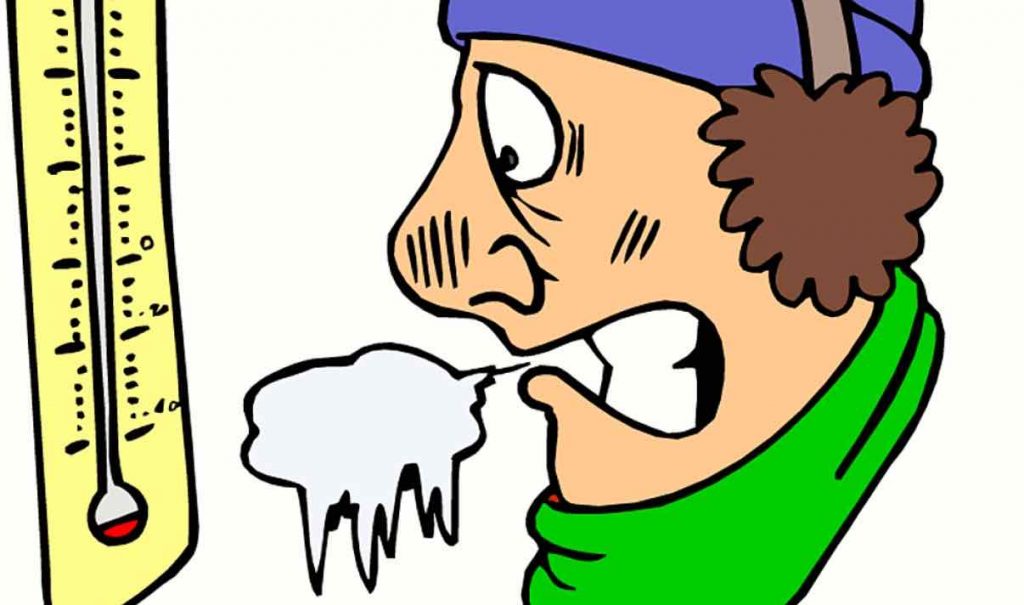
Are you fed up with the cold and the blizzards this winter? That would be understandable, but I am about to tell you something you might not be aware of: bad weather makes you more efficient at work!
The past couple of weeks have seen “the Beast from the East” produce some freezing and rather brutal weather in large parts of northern Europe. Only a few days ago, most of the UK came to a complete standstill after heavy snowfall – thumbs up from most children whose schools had to close and who could swap classrooms for tobogganing giggles, but perhaps one or two frowns from people whose work was obstructed by the wintery white. In many ways, and to many, winter is a rather miserable season: colds and flus spreading like wild fire, electricity bills going through the roof, an increasing number of power cuts (and with harsher consequences), mobile phones ceasing to work, icy pavements seeing many people plunge to the ground – sometimes with the rest of the day spent at the A&E… well, the list goes on.
However, every cloud has a silver lining. A few years ago, Francesca Gino, scientist and professor at Harvard University, became interested in how the weather affects people’s productivity. Together with her colleagues, Gino interviewed 200 adults and more than 80 % were convinced that good weather (sunny and warm) meant increased productivity, while bad weather (cold and rainy) had the opposite effect.
To establish whether this reflected reality, Gino collected data spanning over two and a half years from work places with, collectively, 5000 employees. More than 600,000 different work tasks were studied, both in terms of the time it took to perform the tasks and how many mistakes were made along the way. The findings were then compared to the meteorological data from the same period of time.
The results were unambiguous. When is was cold and rainy, the work tasks were performed faster and with fewer mistakes, whereas sunny and warm weather meant lower productivity. Further studies also proved that bad weather exposes us to fewer moments of disruption, as we are not thinking of what we would rather do instead of working. When it is warm and sunny outside, our thoughts tend to drift and we might start thinking about a lovely walk, a beach, al fresco dining or something else we could be doing instead of working.
Researchers therefore suggest that we could gain a lot from choosing our tasks according to the weather, if we have that option. If the weather is good, we ought to focus on monotonous tasks which do not require much attention. When the weather deteriorates, we can attack the tasks which require our full and undivided attention in order to do a good and time-effective job.
Perhaps we should not go as far as to say that we ought to appreciate the recent spine-tingling cold temperatures and the disruptive blizzards, but since there is little we can do to change the weather, we might perhaps choose to put a little extra effort into our work during these chilly spells.
Then, when the sun and the pleasant temperatures return, we can tell our bosses (and do so with a clean conscience) that we will take longer lunches at this lovely little café around the corner, the one with the tables outside…
PS. Those of you working outdoors (and who might have been stranded at home at some point in the past few weeks) might of course feel completely differently about all of this!



